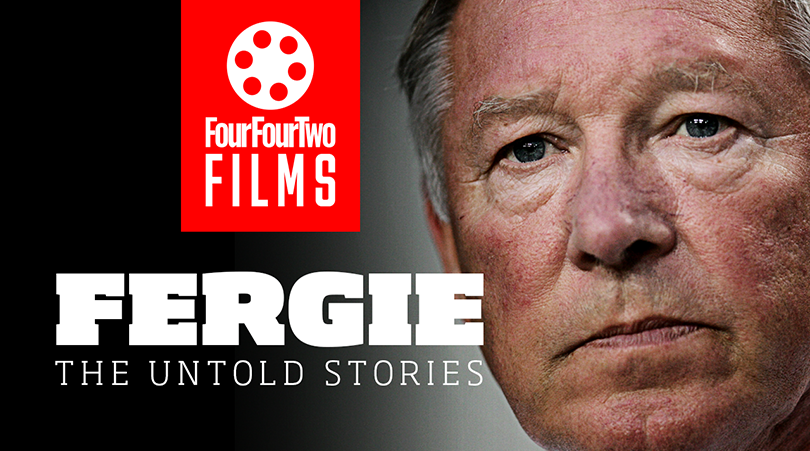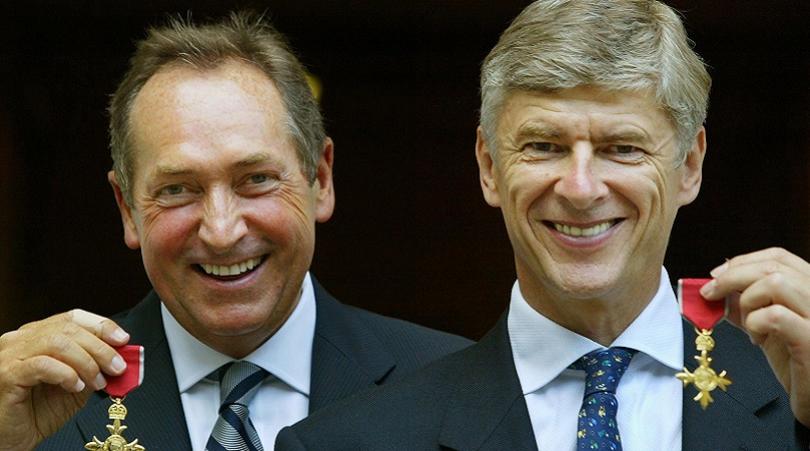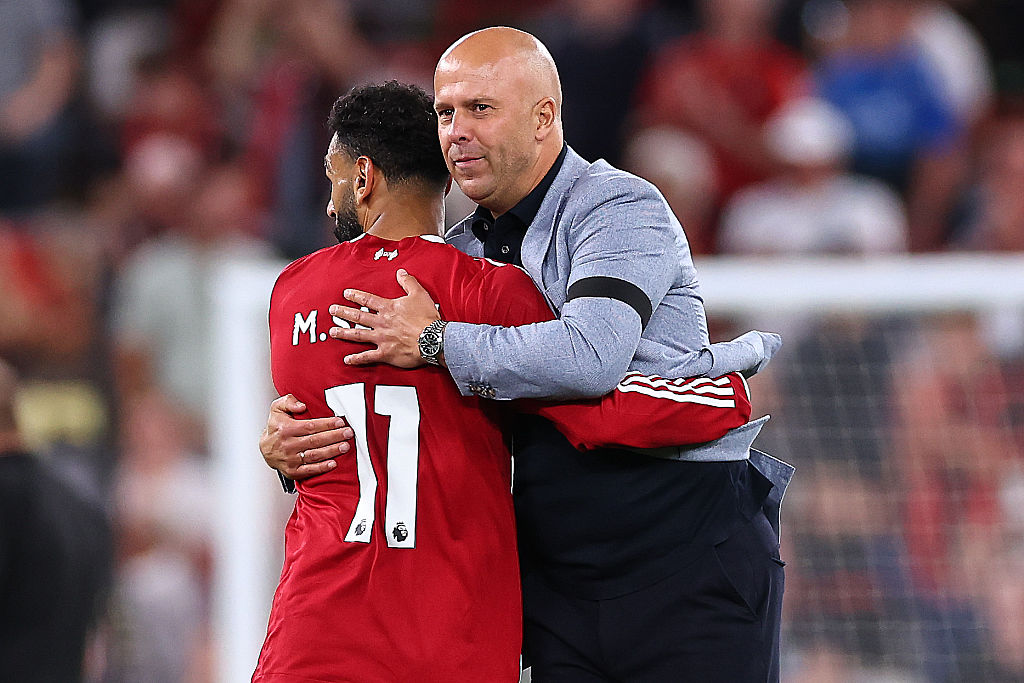What would Fergie do? 7 big changes Sir Alex would make at Man United today
The Scot was announced as United boss 30 years ago today – but it's never been the same since he left. Scott Patterson of Republik of Mancunia suggests solutions to the Red Devils' current problems based on what their ex-esteemed leader might have done
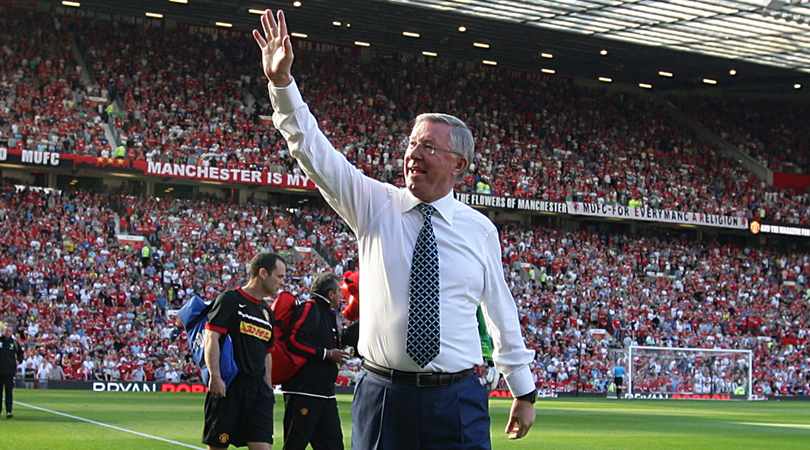
Sir Alex Ferguson took Manchester United out of Liverpool’s shadow and turned them into the most successful club in English football history during his 26 years at Old Trafford, establishing himself as one of the best managers of all time in the process.
However, despite the fact that Fergie always had a core of academy graduates in his first-team squads, some believed United's success had more to do with the money they spent than their manager's contributions in the dugout. The Red Devils' travails since his retirement in 2013 rather disprove that theory, though. Sheikh Mansour bought Manchester City seven years ago and proceeded to outspend everyone, yet United have been crowned champions as many times as their neighbours in that time. Leicester won the league last season.
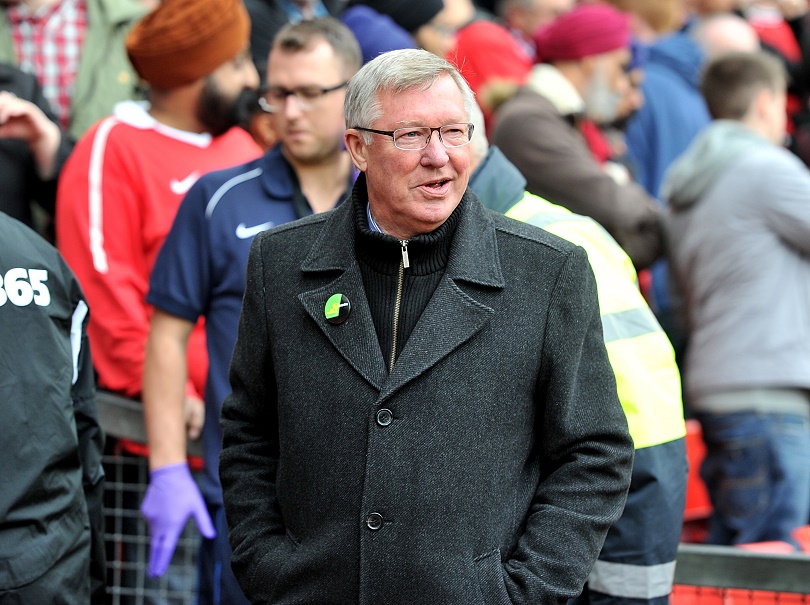
United have spent a fortune since Ferguson's retirement, but it hasn't got them very far: the club have finished 7th, 4th and 5th in the Premier League and won one FA Cup. It would be interesting to know what the 74-year-old makes of the problems United have encountered since he called it a day. David Moyes, his handpicked successor, was an unmitigated disaster, Louis van Gaal bored fans to tears and even Jose Mourinho – supposedly a member of the managerial elite – has endured a troubled start.
What, then, would Ferguson do differently to help United escape from their rut? Examples from history might tell us...
1. Drop Paul Pogba
Ryan Giggs, David Beckham and Wayne Rooney are among the big names Ferguson left out of his starting line-up when they were playing poorly
There’s not a chance that Ferguson would have been tempted to bring Paul Pogba back to the club following his falling-out with the player's agent, Mino Raiola. Reports claim that the final contract negotiations between United and Pogba in 2012 ended with Ferguson calling the Italian a “t**t”, so there surely would have been no going back. Ferguson had too much pride, even if he probably knows he made a mistake in letting Pogba leave.
Even if the Frenchman had returned to Old Trafford, it's hard to imagine that he would have started every match under Ferguson, as he has for Mourinho. Pogba's not been awful – he'd probably have received more praise for his performances had Zlatan Ibrahimovic not spurned a number of excellent chances he created for the striker – but he still hasn't been good enough.
The best features, fun and footballing quizzes, straight to your inbox every week.
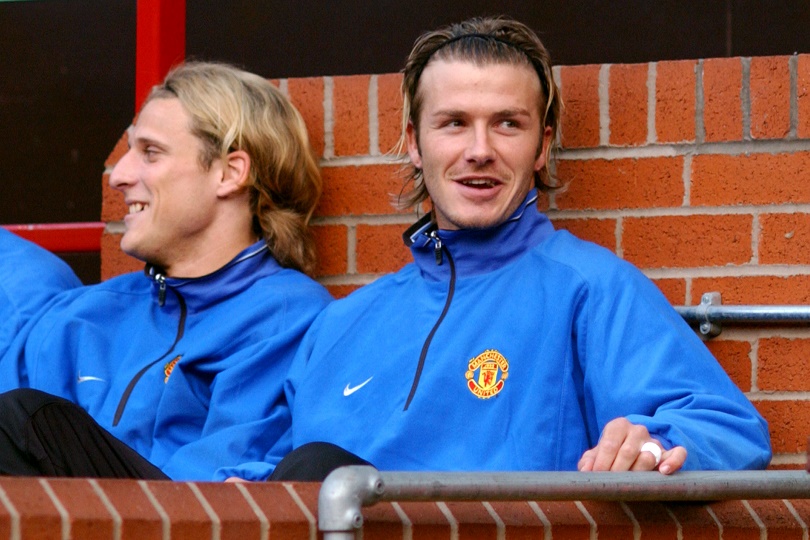
While some of that can be explained with reference to the fact he didn't have a pre-season and is still adapting to a new league, his reputation and price tag shouldn't guarantee him a place in the XI. Ryan Giggs, David Beckham and Wayne Rooney are among the big names Ferguson left out of his starting line-up when they were playing poorly; Pogba would be just another superstar on the list.
2. Play Michael Carrick
Mourinho claimed Carrick was “phenomenal” in a recent press conference but his words don't correspond with his actions
If Ferguson did demote Pogba to the substitutes' bench, Carrick would be the man to replace him. The Scot was a huge fan of the deep-lying midfielder when he was in charge at Old Trafford, and was still singing his praises long after he retired.
In December 2014, when Carrick was 33 years old, Ferguson labelled him “the best central midfielder in English football” and “the best English player in the game”. In his final season at the helm, only Robin van Persie made more appearances in all competitions than the England international.
Mourinho claimed Carrick was “phenomenal” in a recent press conference but his words don't correspond with his actions: the former Tottenham man has seen just 12 minutes of action in the Premier League this term, coming off the bench when United were 4-1 up against Leicester.
Given Carrick’s age, there’s no way he could be expected to play 90 minutes twice a week, even if Ferguson was still around. Surely, though, there would be a spot in the team for him if Mourinho really rated the player as highly as he claims to.
3. Banish Marouane Fellaini
Fellaini has at times been unfairly treated as a scapegoat by United fans, largely because of his strong association with Moyes. That said, the Belgian does himself few favours by making more mistakes than most of his team-mates, but despite his clumsiness only David de Gea, Eric Bailly and Ibrahimovic have started more games under Mourinho.
Ferguson simply wouldn't have tolerated his poor performances; even without senior options available – which there are with Carrick, Morgan Schneiderlin and Bastian Schweinsteiger – he would have delved into the youth ranks to find a solution. Tim Fosu-Mensah has been almost entirely overlooked by Mourinho up to now, but it wouldn’t have been a surprise had Ferguson promoted him ahead of Fellaini.
Next: Remembering who's boss...
4. Control player behaviour
Despite being friends with Rio Ferdinand and Wayne Rooney, among others, I have never – ever – heard them say anything about Ferguson
Ferguson may have softened in his later years but there was still no doubting who was boss. Over the past three seasons, conversely, the newspapers have been filled with reports – mostly without quotes – about the players' thoughts from behind the scenes. Members of the squad are apparently "stunned" by Mourinho’s hands-off approach to training, while many believe Rooney deserves another chance in the team.
Perhaps these stories originate from the captain's camp, but they wouldn't have got out under Ferguson. Former Liverpool goalkeeper David James once shed light on how the United players behaved when the ex-Aberdeen boss was in charge.
“If there's a code of silence, Ferguson's players are bound to it,” he claimed. “Despite being friends with Rio Ferdinand and Wayne Rooney, among others, I have never, ever heard them say anything about Ferguson. All those hours of sitting around at England camps or on bus rides, and not once did any United players ever reveal anything to me about their team-mates, their dressing room or their manager. In an industry renowned for its gossip I find that extraordinary.
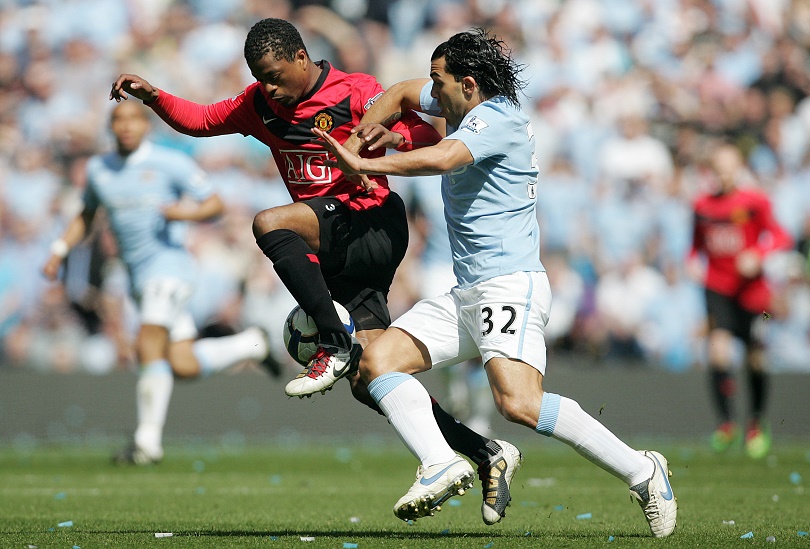
“It all contributed to that sense of separation: there were United players, and then there was the rest of us. And I have little doubt that it was Ferguson himself who encouraged that segregation. While Ferguson famously enjoys a glass of red with rival managers at Old Trafford, he was quick to ensure there was no such socialising among his players. At England camps United players kept themselves apart.”
Patrice Evra has revealed that Ferguson didn’t even like the fact he continued to spend time with Carlos Tevez following the Argentine’s move to City. If going out to dinner with a rival player during the week was too much for Ferguson, it's not hard to imagine what he would have made of United's players hugging their Chelsea counterparts after a 4-0 defeat by the Blues last month.
5. Speed things up
In the present day, the likes of Anthony Martial and Henrikh Mkhitaryan could be used much better than they currently are, and United would be much more exciting to watch as a result
Van Gaal exacerbated the problem and Mourinho still hasn’t found a remedy: United are too slow when it comes to getting the ball upfield. Although the style of play this year is more attacking than it has been since Ferguson's retirement, there's still a great deal of frustration about how long it takes the players to start an attack. This isn't helped by Mourinho's insistence on fielding two defensive midfielders and asking his wide players to track their markers all the way back to the edge of their own box.
Ferguson may have favoured 4-4-2 above other formations, but he didn't stick to it rigidly. Regardless of the shape, you'd know what to expect from his United teams: the wingers would attack with pace, the full-backs would support on the overlap and the strikers would be ready for deliveries from out wide. Paul Scholes was always available to split open the opposing defence if the ball came back to him.
Presently, the likes of Anthony Martial and Henrikh Mkhitaryan could be used much better than they currently are, and United would be much more exciting to watch as a result. Still, while it’s easy to claim Ferguson would have treated Mkhitaryan better than Mourinho has done, it's worth remembering the difficult time Shinji Kagawa had at the club after his own move from Borussia Dortmund. It'd be far easier to fit Mkhitaryan in if the Portuguese wasn't so insistent on playing two holders in the engine room, however.
6. Play Rashford in proper position
The problem comes when United face the bigger teams and the teenager becomes a second full-back
Marcus Rashford has finally found a way into Mourinho's plans after starting the season as an unused substitute, but he's still not being deployed in his favoured area of the pitch. Being used out wide against the smaller sides does allow him to use his pace to get into goalscoring positions, but the problem comes when United face the bigger teams and the teenager essentially becomes a second full-back.
United aren’t scoring enough goals. Ibrahimovic’s impact has declined after a fantastic introduction, yet he continually starts and finishes matches regardless. Danny Welbeck, another academy product who was prevented from playing through the middle, was used out wide because Van Persie and Rooney were performing better than him, but that's not the case with Rashford at present.
Welbeck finished Ferguson's final season with two goals in 23 games from wide positions, while Rashford has four from 12 so far this campaign. With a return like that, Ferguson would have given him much more a chance as United's centre-forward.
7. Win more games
United have dropped points when they should have picked up all three on multiple occasions this term. Losing to Watford and drawing with Stoke and Burnley were the sort of poor results Ferguson only rarely suffered, though it would be disingenuous to claim he was never on the end of a disappointing scoreline.
Having said that, there weren't too many occasions under Ferguson when United had 24 shots and 67% possession yet only scored one goal, as they did against Stoke earlier this season. Against Burnley, meanwhile, United managed 37 shots, an all-time high since the Premier League started measuring such statistics, yet failed to find the back of the net.
Ferguson had a knack of getting results against the odds. United knocked Arsenal out of the FA Cup in 2011 with Rafael and Fabio da Silva on the wings, and Darron Gibson and John O'Shea in midfield. When the Red Devils were struggling in 2005, they beat Mourinho's Chelsea – who were unbeaten in 40 games – with Darren Fletcher and Alan Smith getting the better of Michael Essien, Frank Lampard and Claude Makelele in the engine room.
United also scored plenty of late goals under Ferguson, not because they were lucky but because the manager inspired a belief in the squad that they would always find a way to win. It's probably too early to expect Mourinho to have reproduced such a collective confidence, but United fans will hope that the manager's faith in his own ability will eventually have a similar effect.
Ferguson wasn't without his faults, but it's safe to say United would be significantly better than anything that's been seen at Old Trafford since his retirement if he was still at the helm.

